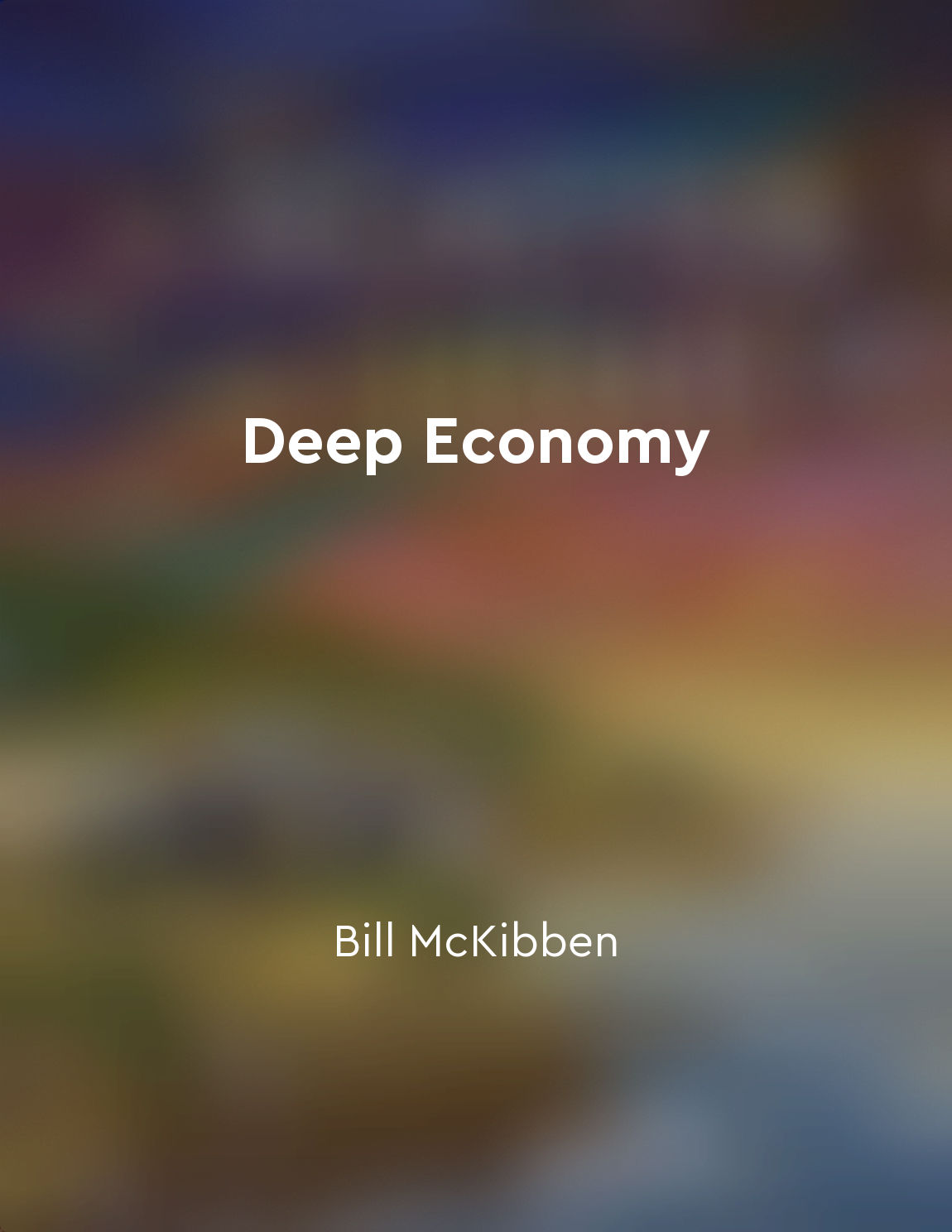Audio available in app
Adaptation strategies are necessary for the future from "summary" of Climate Optimism by Zahra Biabani
As we face the escalating impacts of climate change, it becomes increasingly evident that we need to implement adaptation strategies to safeguard our future. These strategies are crucial for addressing the challenges posed by a changing climate and ensuring the resilience of our communities, ecosystems, and economies. Adaptation strategies involve a range of actions and measures aimed at reducing vulnerability and enhancing adaptive capacity. This may include building more resilient infrastructure, developing early warning systems, adopting climate-smart agricultural practices, and implementing sustainable water management strategies. By proactively adapting to the changing climate, we can minimize the risks and impacts of extreme weather events, sea-level rise, and other climate-related hazards. Furthermore, adaptation strategies are essential for promoting equity and social justice. Vulnerable communities, such as low-income populations and marginalized groups, are often disproportionately affected by climate change. By prioritizing adaptation efforts in these communities, we can help address existing inequalities and ensure that all individuals have the resources and support needed to cope with climate impacts. In addition, adaptation strategies are a critical component of our overall climate change response. While mitigation efforts aim to reduce greenhouse gas emissions and limit global warming, adaptation is necessary to deal with the unavoidable consequences of climate change that we are already experiencing. By combining adaptation and mitigation strategies, we can create a comprehensive approach to addressing climate change and building a more sustainable future.- Adaptation strategies are not just a choice – they are a necessity. As we confront the realities of a changing climate, we must prioritize adaptation efforts to protect our communities, safeguard our ecosystems, and secure a more resilient and sustainable future for generations to come.
Similar Posts

Cultural dynamics shape global politics
The political history of the world is not merely a story of kings and wars, treaties and revolutions. It is also a narrative of...

Striking contrasts in urban and rural areas
Urban and rural areas are like two sides of the same coin, each offering a distinct way of life that is marked by striking cont...
Healthcare systems will face unprecedented challenges
The coming decade will bring about a perfect storm for healthcare systems around the world. We are on the cusp of a convergence...

Widespread poverty is a symptom of economic inequality
In the modern world, it is clear that economic inequality has reached staggering levels. The gap between the rich and poor cont...
We are part of the web of life on Earth
As we move through the world, it is easy to forget the intricate connections that bind us to every living thing on the planet. ...
Previous years' solved questions provide insight into exam pattern
The significance of referring to previous years' solved questions cannot be overstated when preparing for the UPSC mains exam. ...
Technology drives progress
Technology has been a driving force behind progress throughout history. From the invention of the wheel to the development of t...
The survival of one species affects the survival of others
The interconnected web of life is a fundamental truth of our planet. Every species, no matter how big or small, plays a vital r...
Examine the impact of wars on the development of nations
Wars have been a constant feature of human history, shaping the destiny of nations and altering the course of development. The ...
The role of government in public health has been redefined
The COVID-19 pandemic has forced governments around the world to take on an expanded role in public health. In the past, public...

